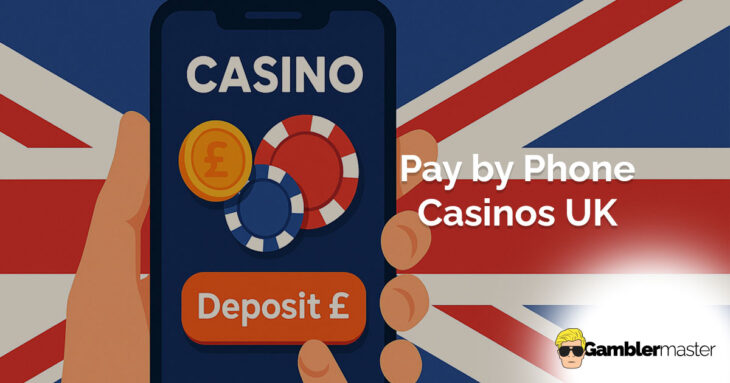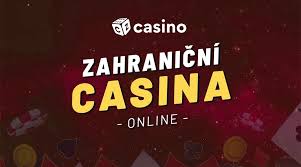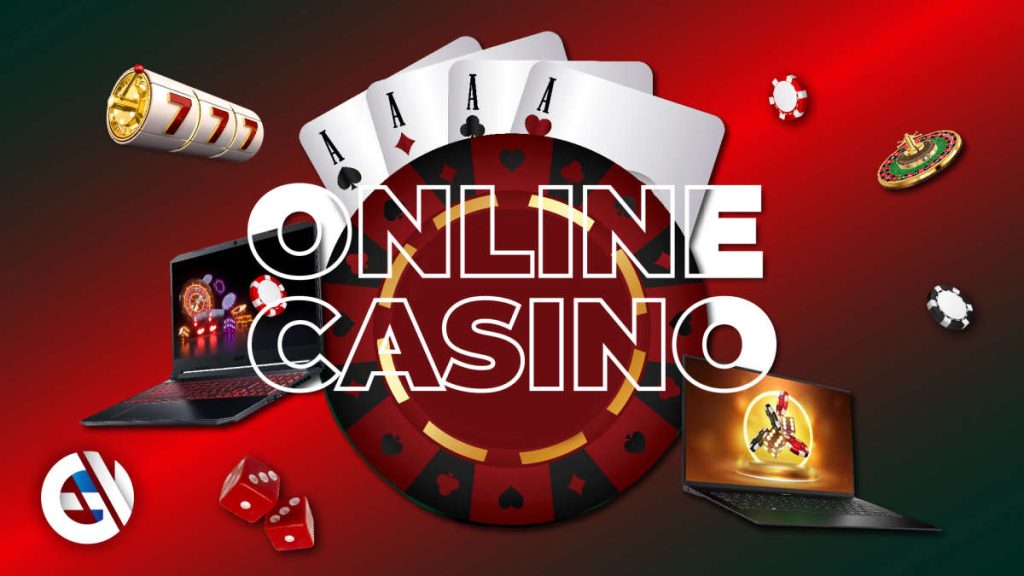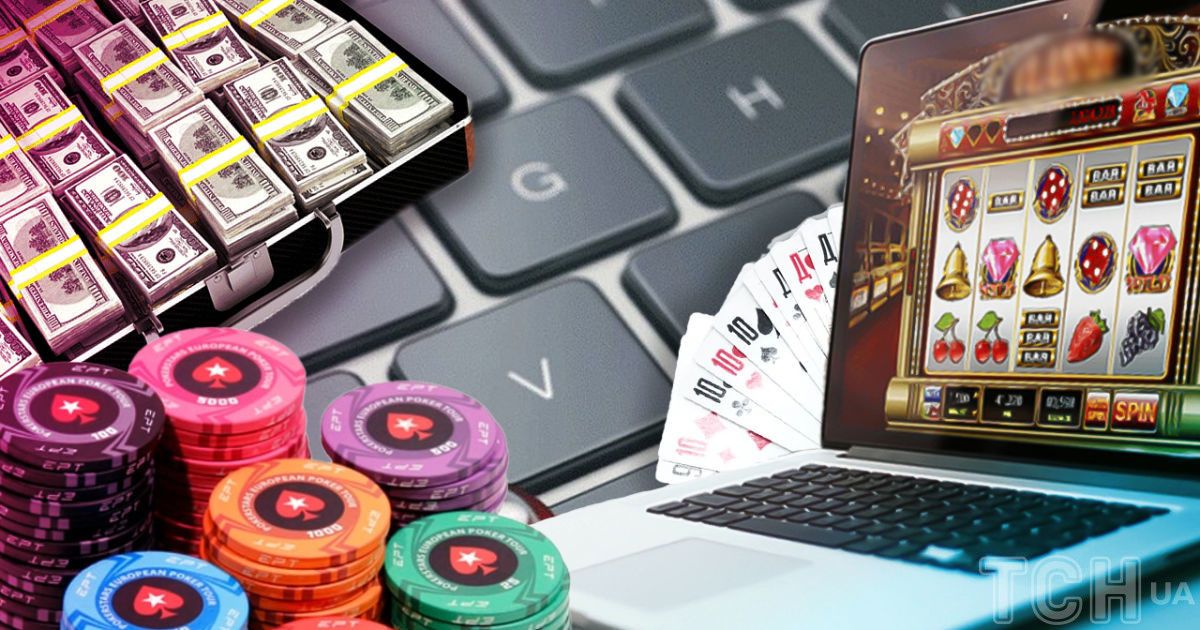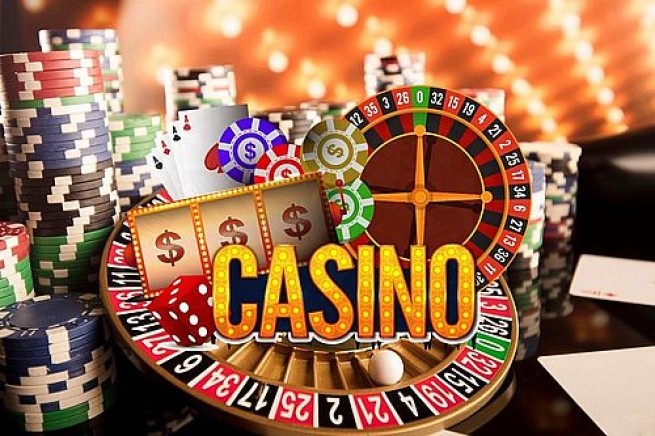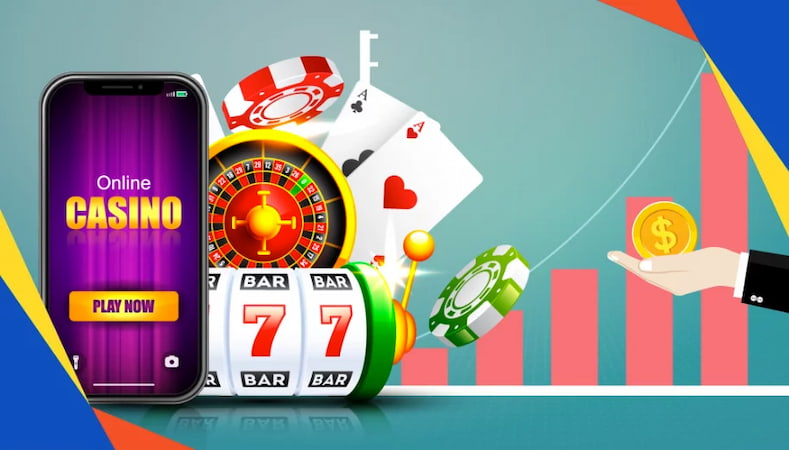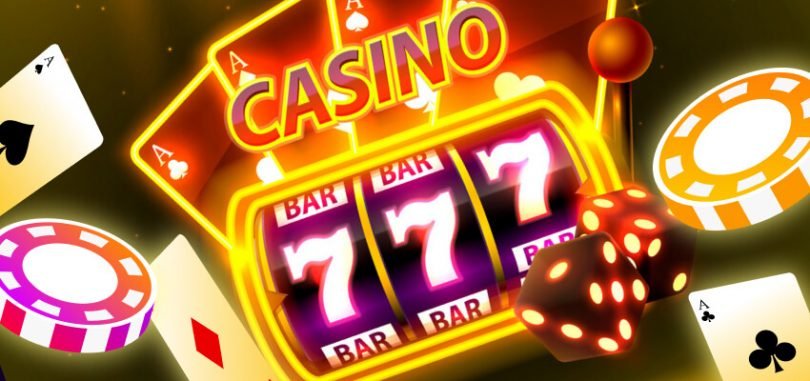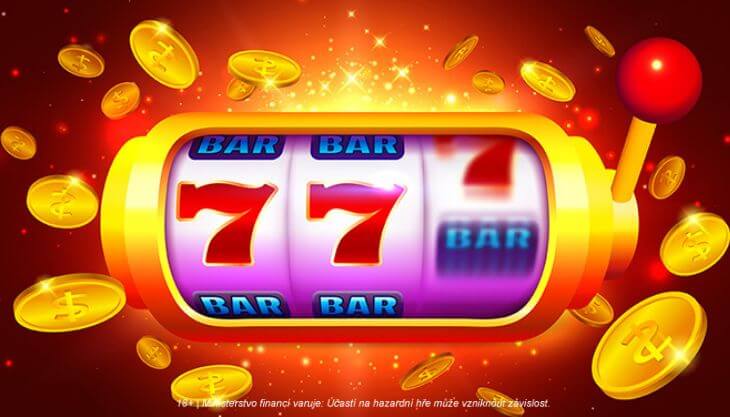
When it comes to entertainment, online casinos have grown to be one of the most exhilarating experiences available today. In the UK, the online gaming scene has taken off, with an array of platforms offering a diverse range of games. Among the best options, #1 online casino uk https://slotsdynamitecasino.com/login/ stands out as the top choice for players seeking quality, safety, and a fantastic gaming experience.
The Rise of Online Casinos in the UK
The digital revolution has transformed many industries, and the casino sector is no exception. With the rise of the internet, traditional brick-and-mortar casinos have faced intense competition from their online counterparts. The UK has always had a rich gambling history, but the ability to play from the comfort of home has attracted a new generation of players.
Legal Framework and Regulations
The UK gambling landscape is heavily regulated by the United Kingdom Gambling Commission (UKGC). This regulatory body ensures that all online casinos operate fairly and transparently, protecting players from fraud and ensuring that games are not manipulated. Consequently, UK players can enjoy their favorite casino games with the confidence that their rights are protected and their information is secure.
What Makes the #1 Online Casino Special?
Choosing the right online casino can feel overwhelming with so many options available. Below are some of the key features that define the #1 online casino in the UK:
Game Variety
The top online casinos offer an extensive range of games, catering to all types of players. From classic table games like blackjack and roulette to modern video slots and live dealer games, there’s something for everyone. Slots Dynamite Casino, for instance, features hundreds of exciting titles from leading software developers, ensuring players always have fresh options to explore.
Bonuses and Promotions
A significant advantage of online casinos is the bonuses and promotions they offer. New players are often welcomed with generous welcome bonuses, which may include free spins and deposit matches. Additionally, ongoing promotions for existing players can enhance the gaming experience and offer chances to win big.
User Experience and Interface
The best online casinos have user-friendly interfaces and seamless navigation, making it easy to browse and find your favorite games. Mobile compatibility is also crucial, allowing players to enjoy gaming on-the-go. Well-designed websites load quickly and are compatible with a range of devices, ensuring that players can enjoy their favorite games at any time.
Safe and Secure Gaming Environment
Security is a top priority for any reputable online casino. Players need to feel assured that their personal information and financial transactions are safe from cyber threats. The #1 online casino in the UK employs advanced encryption technologies and secure payment methods to protect its players.
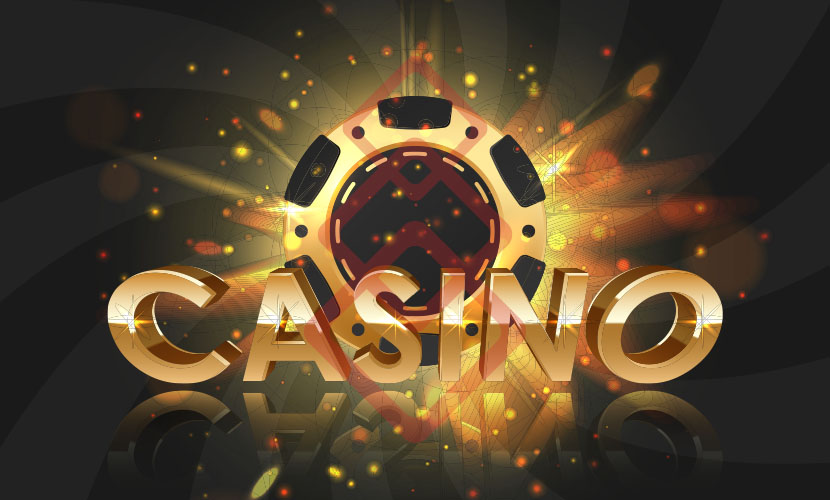
Deposit and Withdrawal Options
When it comes to financial transactions, flexibility is key. A top-notch online casino offers a variety of deposit and withdrawal options, including credit and debit cards, e-wallets, and even cryptocurrencies. Quick processing times are essential, allowing players to deposit funds and receive their winnings with ease.
The Role of Customer Support
Another aspect that distinguishes the best online casinos is their customer support. Reliable customer service is essential for resolving any issues or queries that players may encounter. The leading online casinos provide multiple contact methods, including live chat, email, and phone support, ensuring help is just a click away.
Responsible Gambling
The top online casinos take responsible gambling seriously, implementing measures to protect players. They provide resources such as self-exclusion options, deposit limits, and links to support organizations. Creating a safe environment where players can enjoy their gaming experience responsibly is a hallmark of a reputable casino.
Top Games to Play at Online Casinos
The excitement of online casinos lies not only in the ambiance but also in the games on offer. Here are some of the most popular games that players in the UK love:
Slots
Online slots are among the most popular games at any casino. With thousands of titles available, players can find everything from traditional fruit machines to high-tech video slots with immersive graphics and storylines. Progressive jackpots also add an extra thrill, offering the chance to win life-changing sums.
Table Games
Table games like blackjack, poker, and baccarat have long been fan favorites. Online casinos often feature various versions of these games, allowing players to choose their preferred style and rules. Live dealer games provide the added benefit of interacting with a real-life dealer, bringing the casino experience to your home.
Live Casino
Live casino games are the latest trend in online gaming, allowing players to enjoy the atmosphere of a brick-and-mortar casino from their screen. Players can interact with live dealers and other participants in real-time, enhancing the gaming experience significantly.
Conclusion
With the online gambling industry continually growing, finding the #1 online casino in the UK means looking for quality, variety, and safety. Platforms like Slots Dynamite Casino offer an unparalleled experience with their extensive game selection, fantastic bonuses, and user-friendly interfaces. Whether you are a seasoned player or new to the world of online casinos, there’s no better time to explore what’s on offer. Embrace the thrill, choose the right platform, and start your gaming journey today!




